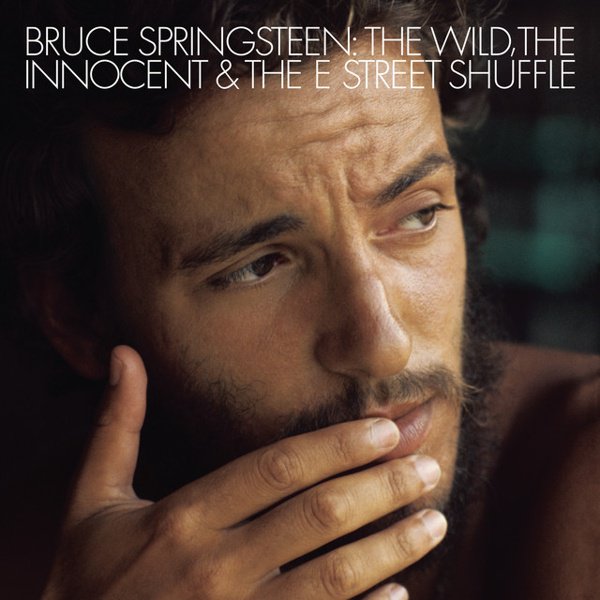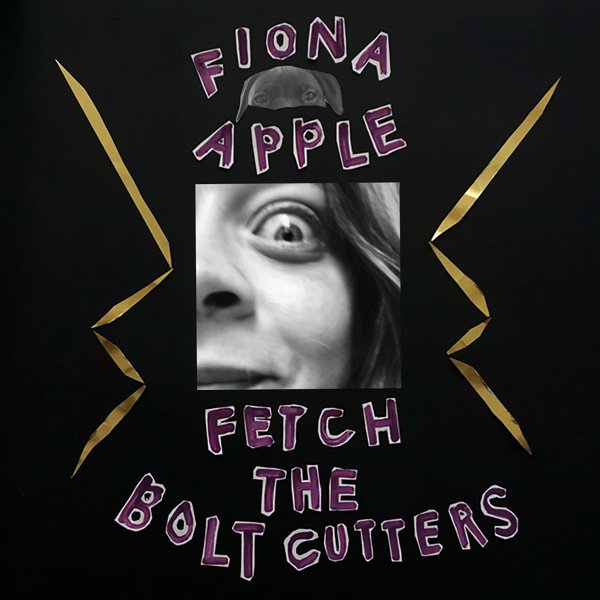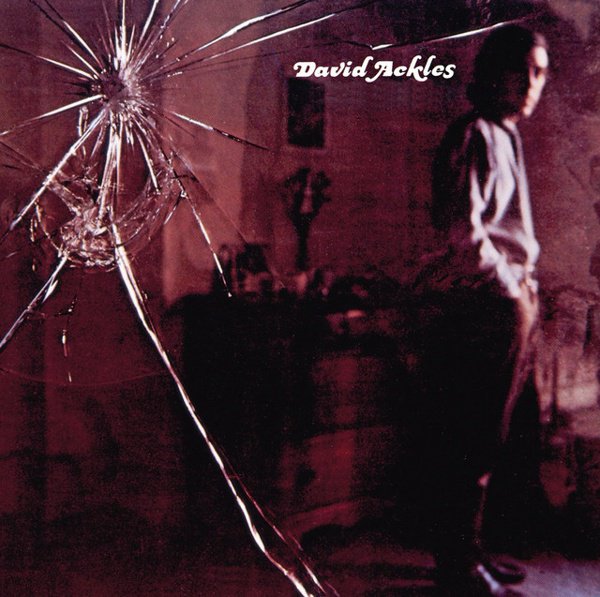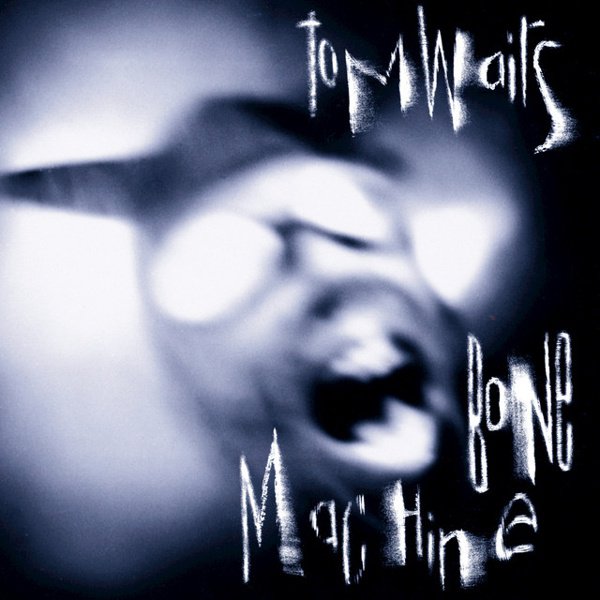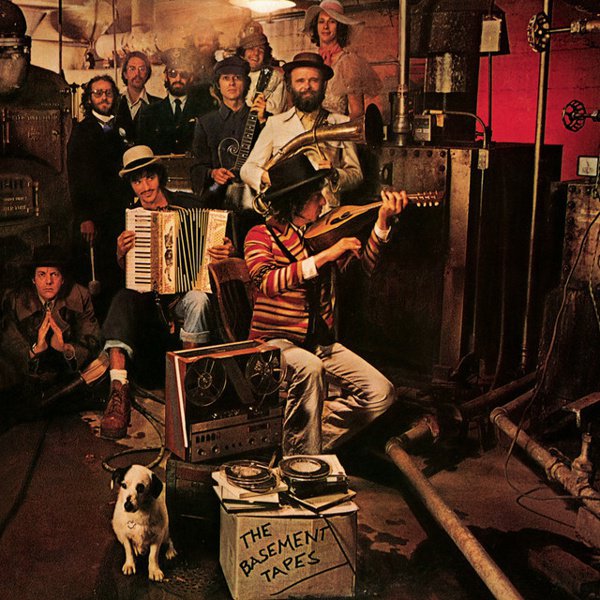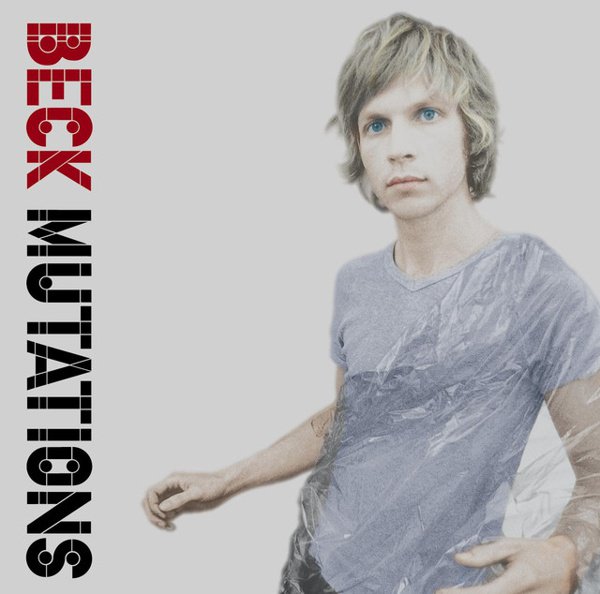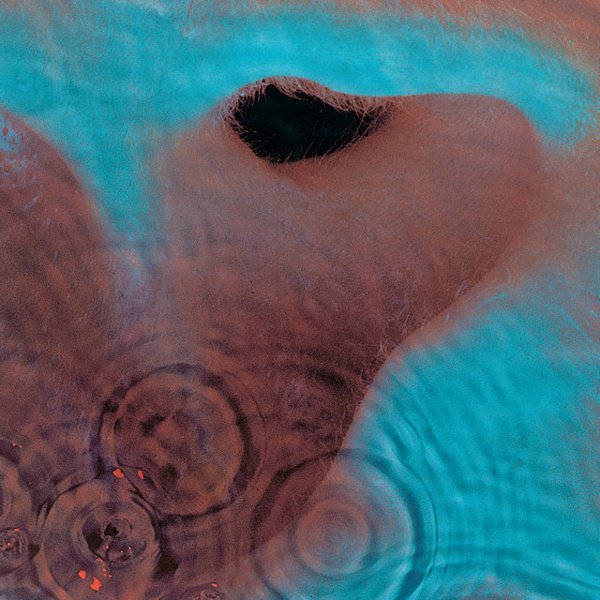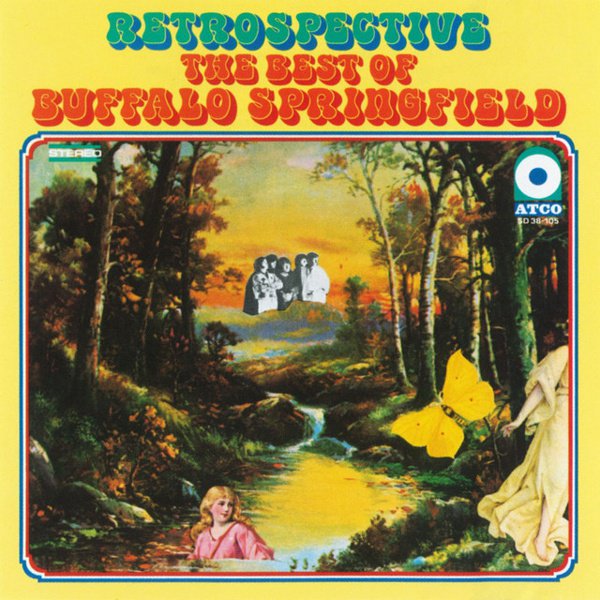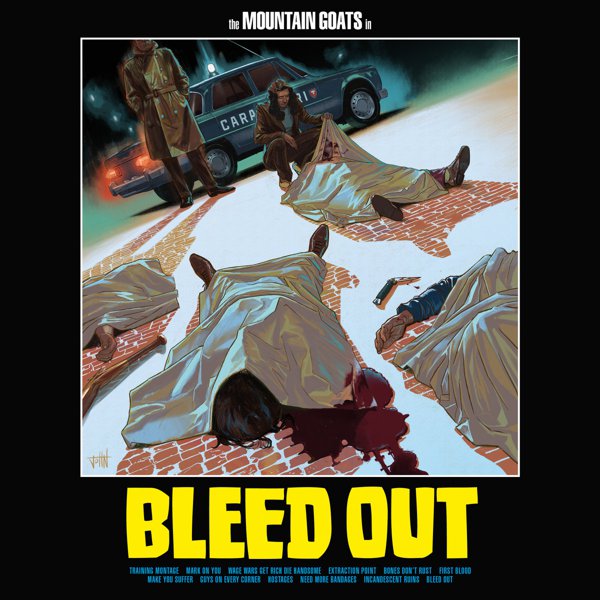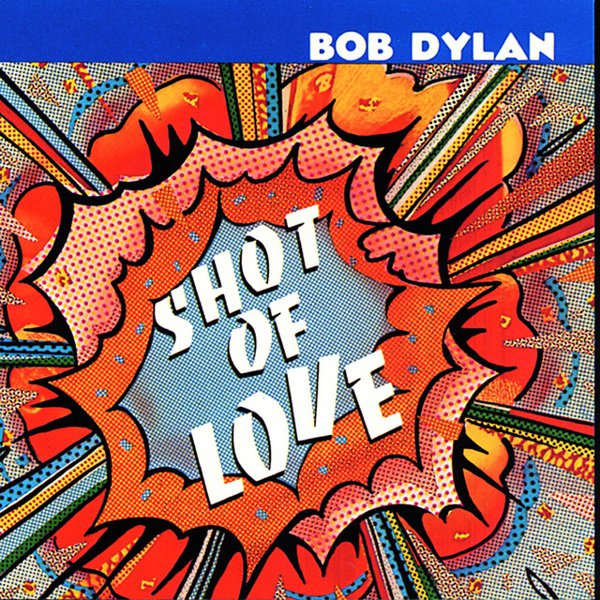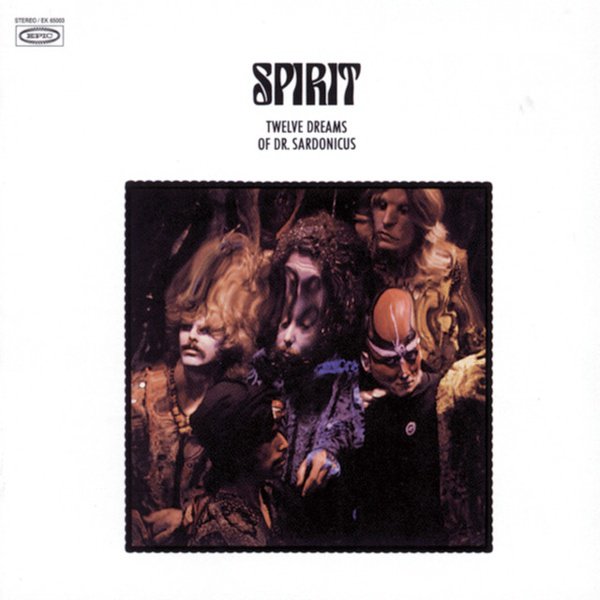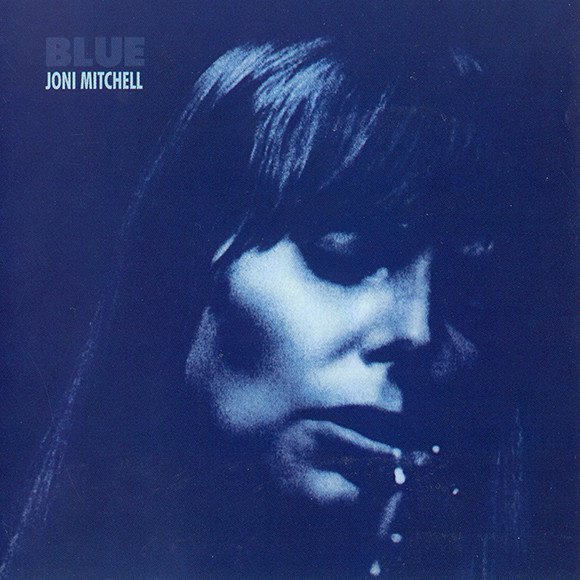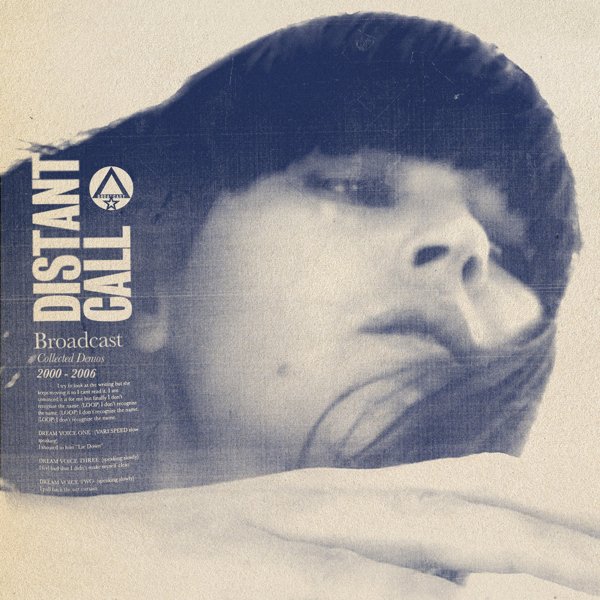The Wild, The Innocent & The E Street Shuffle
Springsteen’s sophomore album arrived with such a fully-formed vision of what he wanted to express that it now seems inexplicable how it took an avalanche of hype around his third LP just to get record buyers to finally notice his second. But if most of the world got to The Wild, the Innocent & The E Street Shuffle after working backwards from Born to Run, they found it to be a contrasting counterpart: an expression of awed joy, uncynical romanticism, and intense brink-of-making-it optimism, a prelude to the moment it finally sinks in that maybe this is all just an illusion. He’s already established his characteristic ability to wring real pathos from his lyricism, where any flowery tendencies are offset by the sour-yet-comforting scents of gasoline and spilled beer, and it all holds together because in the end it’s all in the service of trying to figure out just what makes people keep on going despite everything. It’s just that this album’s the first-act establishment, the calm before the storm. These people are living in states somewhere between cautiously optimistic and confidently celebratory, whether they’re sharp-dressed young people on the make (“The E Street Shuffle”; “New York City Serenade”), or a rejected lover presented with a surprising opportunity for another chance (“Kitty’s Back”), or just someone who finds the volatile social milieu of his home turf every bit a source of fulfilling emotional intensity as the woman he met there (“4th of July, Asbury Park (Sandy)”). It even applies to Bruce-as-artist himself — or at least a more callow stand-in for “Rosalita (Come Out Tonight),” one still capable of overtures that turn the eternal pop-song subject “hey, you wanna go out with me” into glorious theatrical rhapsody. The uncertainty only really sets in with closer “Incident on 57th Street,” hinging on the opportunistic criminal lives of a Puerto Rican couple looking for a way out of or around or through them — and even then, it seems like there’s still a chance they’ll both make it out OK somehow. The real big leap forward on this album, though, is the sound of the E Street Band — a sense of soul-steeped, jazz-conversant rock revival without the anti-prog revanchism of the NYC scene, finding not just room but momentum in the idea of the big seven-plus-minute epic as an outburst of cathartic happiness and compassionate hope. You could call it “city music” like the outlaws of the ’70s did country music: the dynamics of multicultural urban life played out like blue-collar opera, where street toughs and burnouts wrangled with the same ache to belong to something bigger and the attendant feelings of guilt as Scorsese protagonists.

